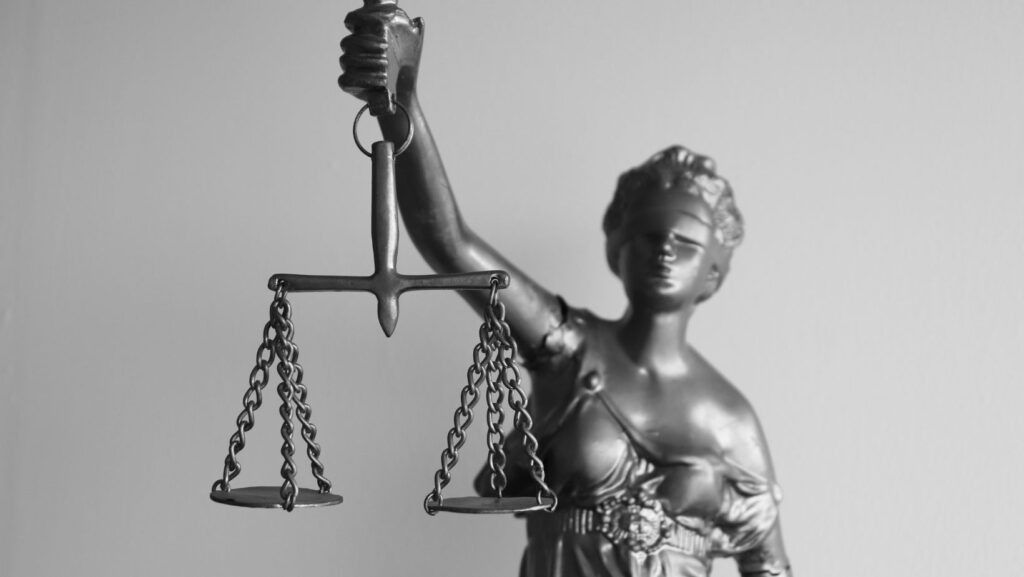
The loss of a child due to negligence or wrongful actions is an unimaginable tragedy that leaves families devastated. In addition to the overwhelming emotional pain, parents or guardians must navigate the legal system to seek justice and accountability. Wrongful death claims involving minors present unique challenges, as courts must determine liability, assess damages, and calculate losses for a child who had their entire life ahead of them. Unlike cases involving adults, where lost wages and financial contributions are key factors, compensation in cases involving children primarily accounts for emotional distress, loss of companionship, and other non-economic damages.

These cases require careful legal strategies to overcome obstacles such as proving negligence, understanding state-specific laws, and negotiating fair settlements. Parents often find themselves facing aggressive defense tactics from insurance companies or at-fault parties looking to minimize their liability. Additionally, complex legal processes can add to the emotional strain families experience while mourning their loss. Working with an experienced Boerne wrongful death attorney can help families navigate these legal complexities, ensuring they receive the compensation and justice they deserve.
Assessing Financial Losses in a Child’s Wrongful Death Claim
Determining the financial impact of a child’s death is one of the most difficult aspects of a wrongful death claim. Since children do not have established careers or earning potential, courts struggle to assess economic damages related to lost income. Some courts rely on actuarial tables and expert testimony to project what the child might have earned based on their parents’ educational background, career paths, and other socio-economic factors. However, these projections are highly speculative, leading to significant legal debate.
In many states, non-economic damages such as loss of companionship, emotional suffering, and parental grief play a much larger role in compensation. Courts recognize that while there may not be a measurable financial loss, the emotional toll on parents is profound. Compensation may also include medical expenses incurred before the child’s death and funeral costs. While no amount of money can ever replace a lost child, a wrongful death claim aims to provide families with some measure of justice and financial relief.
Proving Negligence and Liability in Child Wrongful Death Cases
Establishing negligence in wrongful death claims involving minors can be more complex than in cases involving adults. Whether the child’s death resulted from medical malpractice, a car accident, defective products, or unsafe premises, proving liability requires strong evidence and legal expertise. Defendants often argue that a child’s actions contributed to their own injury, complicating the legal process.
Additionally, courts may hold certain parties to higher standards of care when children are involved. For example, property owners, daycare centers, and schools have a legal duty to protect children from harm. If a party failed to exercise reasonable care and that failure led to a child’s death, they may be held liable. Gathering sufficient evidence—such as surveillance footage, witness statements, and expert testimony—is crucial in proving negligence.
Who Can File a Wrongful Death Claim for a Child?
In most states, wrongful death claims for minors can only be filed by the child’s parents or legal guardians. However, complications arise in cases where parents are divorced, separated, or unable to agree on filing a lawsuit. Courts may need to intervene to determine who has the legal authority to pursue the claim and how any awarded compensation should be distributed.
If the child was in the custody of a legal guardian rather than biological parents, additional legal hurdles may emerge. The guardian must prove they have standing to file the claim and that any compensation awarded will benefit the child’s estate or surviving family members.
State-Specific Laws and Statutory Limitations
Wrongful death laws vary widely by state, affecting everything from who can file a claim to how damages are calculated. Some states place caps on non-economic damages like emotional distress, limiting the compensation families can receive. Others allow for punitive damages in cases involving gross negligence or intentional harm, which can increase the financial award significantly.
Additionally, each state has a statute of limitations that dictates how long a family has to file a wrongful death claim. These timeframes typically range from one to three years after the child’s death. Missing the deadline can result in losing the right to seek compensation, making it crucial for families to act quickly.
Settlements vs. Court Trials in Child Wrongful Death Cases
Many wrongful death cases involving children are resolved through settlements rather than court trials. Settlements allow grieving families to avoid lengthy litigation and receive compensation more quickly. However, insurance companies and defendants often attempt to minimize payouts, offering lower settlements than families deserve. Accepting a settlement requires careful evaluation to ensure it adequately compensates for the family’s loss.
When settlement negotiations fail, a trial may be necessary to seek full justice. While trials offer the potential for higher compensation, they also involve prolonged legal proceedings and the emotional toll of reliving the circumstances of the child’s death in court. Families must weigh the benefits and risks of pursuing litigation versus accepting a settlement.
The Emotional and Psychological Toll on Families
Beyond the legal complexities, wrongful death cases involving children inflict deep emotional wounds on parents and siblings. Grieving families often struggle with feelings of guilt, anger, and depression while navigating the legal process. The stress of a lawsuit can add to their emotional burden, making it even harder to heal.

Seeking emotional support from therapists, grief counselors, and support groups can help families cope with their loss. Many parents also find a sense of purpose in pursuing legal action, knowing that their efforts may prevent similar tragedies from happening to others.
How Attorneys Help Families Navigate Child Wrongful Death Claims
Legal professionals play a vital role in helping families pursue justice after losing a child. Attorneys handle all aspects of the legal process, from investigating the case and gathering evidence to negotiating settlements or representing families in court. By managing these responsibilities, lawyers allow grieving parents to focus on healing rather than legal battles.
Additionally, experienced attorneys understand the nuances of child wrongful death cases and how to maximize compensation for families. They work with medical experts, economists, and accident reconstruction specialists to build a strong case. With the correct legal representation, families can ensure that their child’s death leads to accountability and meaningful change.












